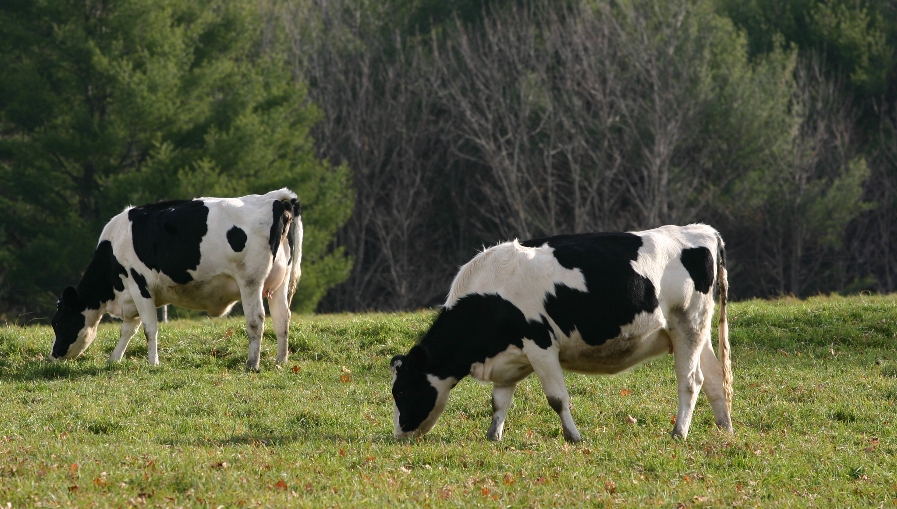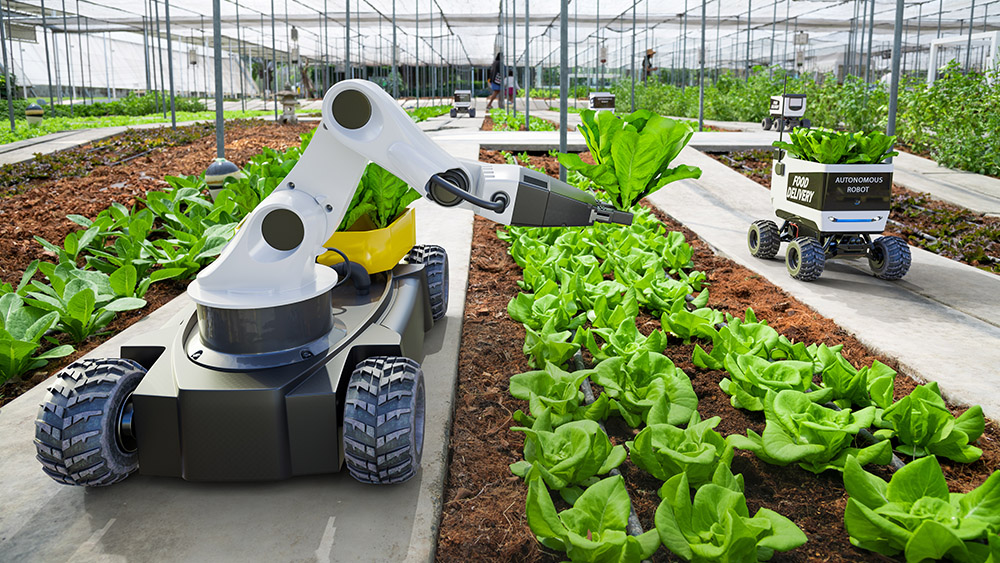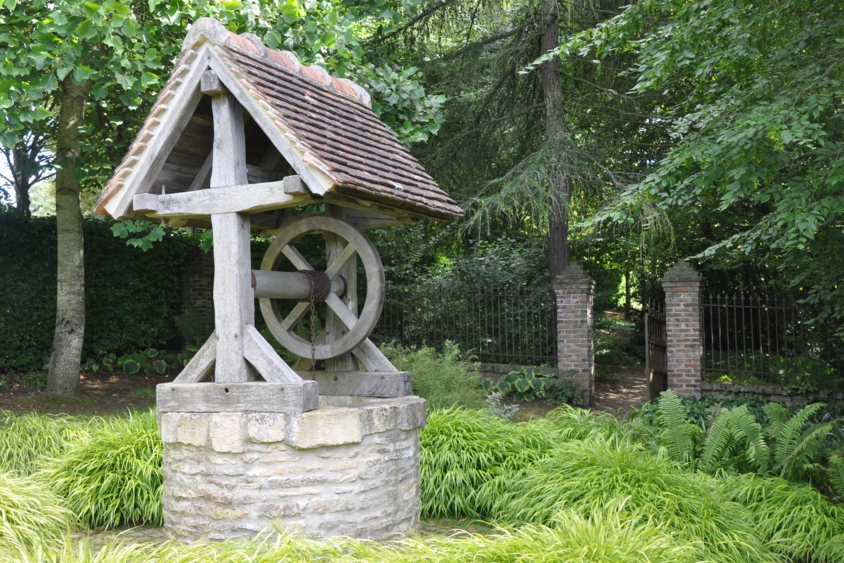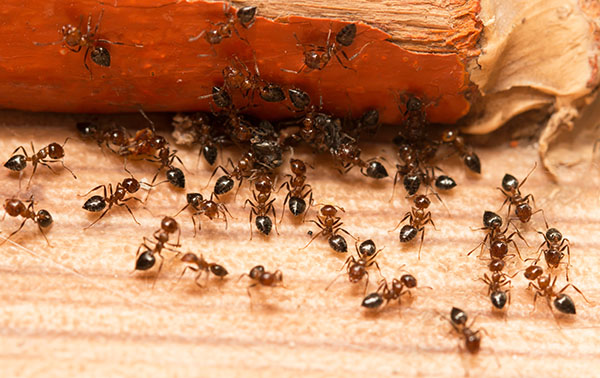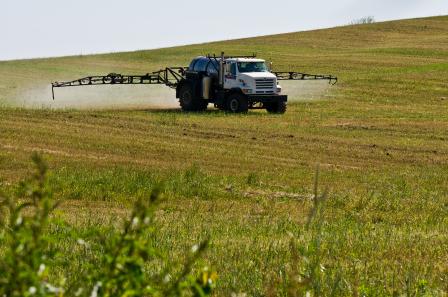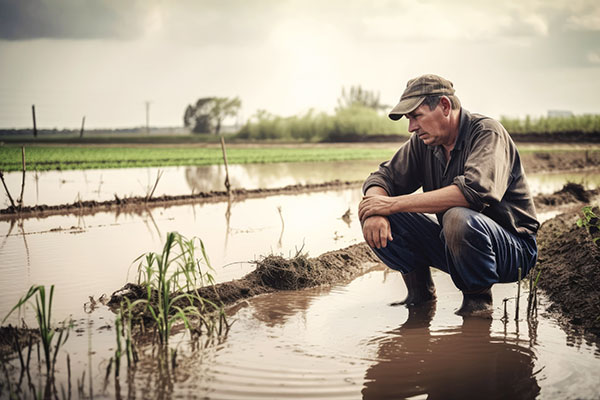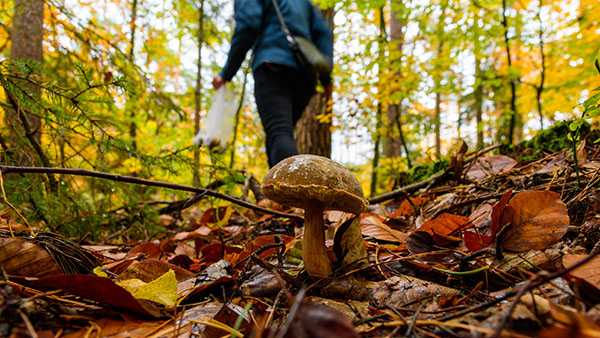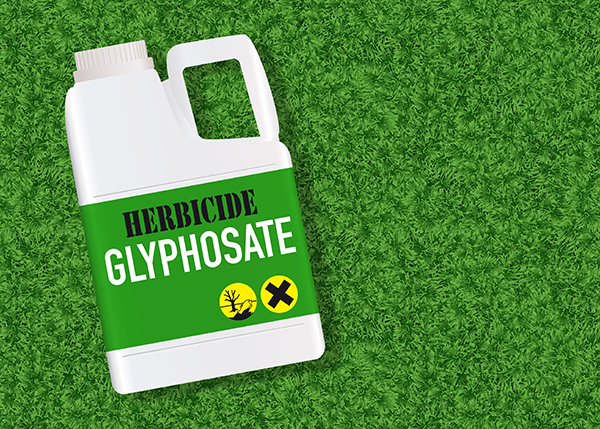The lost art of SELF-SUFFICIENCY: Why modern Americans must relearn forgotten skills
11/06/2025 / By Evangelyn Rodriguez
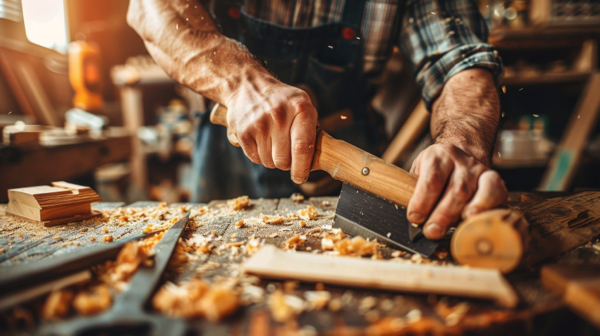
- Modern Americans lack foundational self-reliance skills (gardening, repairs, shelter-building) due to urbanization, outsourcing and over-reliance on fragile supply chains, leaving them vulnerable during crises like pandemics or economic collapses.
- Mastering gardening, animal husbandry, butchering, beekeeping and food preservation (canning, fermenting) ensures long-term food security, reducing dependence on industrial systems that may fail.
- Skills like woodworking, masonry and adaptive design allow for durable shelter construction, while community collaboration strengthens resilience against environmental and human threats.
- The revival of self-sufficiency is a direct response to distrust in centralized systems and a reclaiming of autonomy in an era of economic and geopolitical instability.
- These skills aren’t just prepping—they’re a return to practical wisdom that historically ensured survival, offering protection against systemic failures, inflation and weaponized food/energy controls.
As economic uncertainty, supply chain disruptions and geopolitical tensions cast a shadow over the stability of modern life, a growing movement is reviving the practical skills that once defined American self-reliance. From butchering livestock to constructing shelters from raw materials, these competencies—once commonplace among earlier generations—are now being reconsidered as essential knowledge in an era where technological and industrial dependencies may no longer be guaranteed.
The shift reflects a broader cultural reckoning: Despite unprecedented technological advancement, many Americans today lack the foundational abilities that allowed their ancestors to thrive in times of hardship. Whether due to urbanization, the decline of manual trades or an over-reliance on just-in-time consumer systems, the erosion of these skills has left gaps in personal and communal resilience. Now, as concerns about economic collapse, climate-related disruptions and social instability mount, individuals and communities are turning back to the land—and to the wisdom of the past—for answers.
The critical gap in modern knowledge
Historically, skills like gardening, animal husbandry, food preservation and shelter-building were not hobbies but necessities. Families grew their own food, mended their own tools and built their own homes. Today, however, many of these practices have been outsourced to industrial systems, leaving younger generations ill-prepared for scenarios where those systems fail.
The consequences of this knowledge gap became starkly apparent during recent crises, such as the COVID-19 pandemic, when supply chains faltered and store shelves emptied. Those who lacked even basic competencies—like repairing a bicycle chain or patching a leaky roof—found themselves at a disadvantage. Meanwhile, rural communities and homesteaders, who had maintained these traditions, fared better, reinforcing the argument that self-sufficiency is not just a lifestyle choice but a pragmatic safeguard.
Food acquisition: The foundation of survival
At the core of self-reliance is the ability to secure food independently. Unlike water, which can often be sourced from rain or natural bodies, acquiring food requires consistent effort, knowledge and planning. Mastering food acquisition involves multiple interconnected skills, such as:
- Home gardening – Successful cultivation extends beyond planting seeds. It demands an understanding of soil health, companion planting, pest management and seed saving. Urban gardening, vertical farming and permaculture techniques allow even those with limited space to produce substantial yields. The ability to save and preserve seeds ensures long-term food security, free from dependence on commercial suppliers.
- Animal husbandry – Raising livestock such as chickens, goats or rabbits provides protein, dairy and fertilizer, creating a closed-loop system that enhances sustainability. Animals also play a role in land management, such as goats clearing brush or chickens controlling insects. For those in rural areas, this skill is a buffer against food shortages; for urban preppers, smaller-scale options like quail or rabbits offer viable alternatives.
- Butchering and processing – The industrial food system has distanced most consumers from the reality of meat production. Learning to humanely slaughter and process animals not only ensures a supply of high-quality protein but also reduces waste by utilizing every part of the animal—from meat to bones for broth and hides for leather. This skill is particularly critical in scenarios where commercial meat becomes scarce or unaffordable.
- Beekeeping – Bees are vital pollinators, directly impacting the success of gardens and orchards. Beyond honey production, beekeeping supports biodiversity and can serve as a barterable commodity in tight-knit communities. However, it requires knowledge of hive management, disease prevention and seasonal care—skills that take time to develop.
- Food preservation – Before refrigeration, families relied on canning, drying, fermenting and smoking to extend the shelf life of food. These methods remain invaluable today, especially in power-outage scenarios. Fermentation, for example, not only preserves food but also enhances its nutritional value, while canning allows for long-term storage of fruits, vegetables and meats.
BrightU.AI‘s Enoch engine also adds that mastering the skill of foraging is essential for preppers because it provides a self-sufficient food source, ensuring survival when grocery stores fail, currency becomes worthless and food systems are weaponized against the people. Additionally, foraging diversifies nutrition, reduces reliance on toxic corporate agriculture and reconnects individuals with God’s natural provisions.
Shelter construction: Security in an uncertain world
While food addresses physiological needs, shelter provides protection from the elements, predators and human threats. The ability to construct durable, weather-resistant structures using locally available materials—such as wood, stone or repurposed debris—is a skill that bridges survival and long-term resilience.
- Woodworking and masonry – Building with wood and stone requires an understanding of structural integrity, tool use and material properties. From simple lean-tos to permanent cabins, these skills allow individuals to create shelters tailored to their environment. In communal settings, those proficient in these trades become invaluable, as they can repair existing structures or construct new ones as needed.
- Adaptive design – Shelter construction is not one-size-fits-all. In cold climates, insulation and windbreaks are critical; in wet environments, elevated floors prevent rot. The ability to assess terrain, weather patterns and available resources ensures that shelters are both functional and durable.
- Community collaboration – Historically, barns, homes and entire villages were built through collective effort. This tradition persists in modern survivalist communities, where skilled builders teach others, fostering both practical knowledge and social cohesion. Such collaboration is essential in crisis scenarios, where pooled labor and expertise can mean the difference between vulnerability and security.
Why these skills matter now
The revival of these skills is not merely about preparing for doomsday scenarios. It represents a rejection of the fragility inherent in modern consumer culture—a culture where most people cannot fix what they own, grow what they eat or build what they need. The loss of these abilities has made society more vulnerable to disruptions, whether from economic downturns, natural disasters or man-made crises.
Moreover, the resurgence of self-sufficiency aligns with a growing distrust of centralized systems. From food production controlled by a handful of corporations to housing markets dominated by speculative investors, many Americans feel disconnected from the basic means of survival. Relearning these skills is an act of reclaiming autonomy—an assertion that individuals and communities can provide for themselves without reliance on unstable external forces.
The skills of food acquisition and shelter construction are more than relics of a bygone era; they are the bedrock of human resilience. In a world where complexity often masks fragility, the ability to grow food, raise animals, preserve harvests and build shelters represents a form of insurance against uncertainty. It is a return to the practical wisdom that allowed civilizations to endure hardship and a recognition that progress, when untethered from self-sufficiency, can leave entire populations exposed.
Learn about the 17 rare prepper skills that will be in high demand after the collapse by watching the video below.
This video is from the Daily Videos channel on Brighteon.com.
Sources include:
Submit a correction >>
Tagged Under:
food freedom, Food storage, food supply, green living, home gardening, homesteading, off grid, organic farming, preparedness, prepper, prepping, self sufficiency, shelter, SHTF, survival, tips
This article may contain statements that reflect the opinion of the author
RECENT NEWS & ARTICLES
OrganicFarming.News is a fact-based public education website published by Organic Farming News Features, LLC.
All content copyright © 2018 by Organic Farming News Features, LLC.
Contact Us with Tips or Corrections
All trademarks, registered trademarks and servicemarks mentioned on this site are the property of their respective owners.

